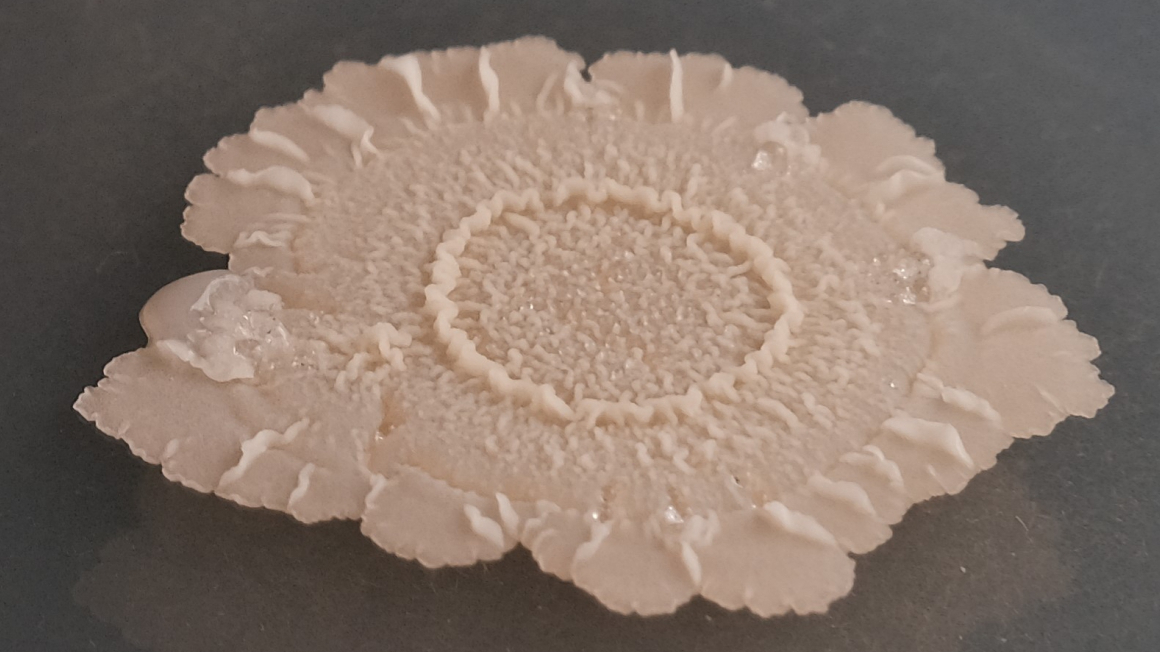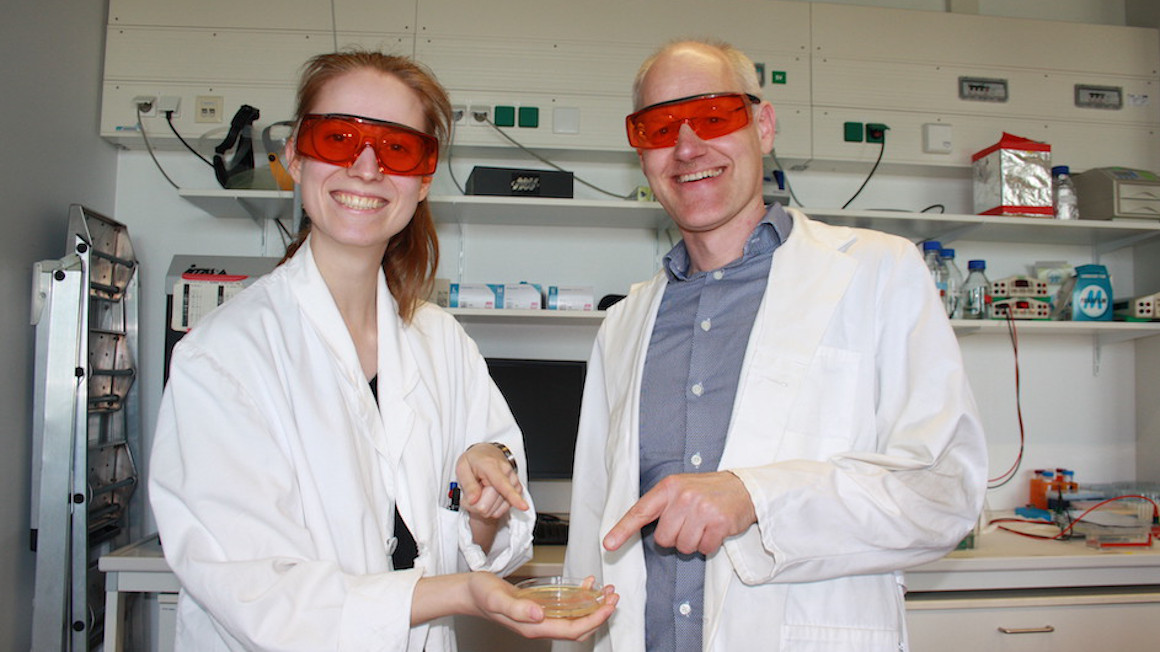Bacillus subtilis is Microbe of the Year 2023
Bacillus subtilis is a multi-talent - equally important for human and animal health as well as for industry.

Microorganisms such as bacteria, fungi and yeasts are the invisible little helpers of the bioeconomy. Thanks to them, biological resources can be tapped, new bio-based products manufactured and production processes made more sustainable. To draw attention to the diversity of microbes and their great potential for application, the members of the Association for General and Applied Microbiology (VAAM) vote for the Microbe of the Year. This year, Bacillus subtilis is in the spotlight.
Robust und efficient
With Bacillus subtilis, the association honors a multi-talent that is not only of great importance for human and animal health and for industry, but also has enormous potential for the future. The reason for this is the microbe's diversity: it has the gift of permanently forming spores in a wide variety of life forms. For example, the spores of selected strains can survive the heat treatment of animal feed and the acidic environment in the stomach and small intestine, inhibit pathogens in the body, and strengthen the intestinal barrier and immune system. The microbe also grows very quickly and can convert organic substrates into biotechnological products very efficiently.
Good for humans, animals, plants and soil
Due to its properties, Bacillus subtilis is used for numerous production processes - for example, for the production of vitamin B2 (riboflavin) and vitamin B5 (pantothenic acid) and γ-polyglutamic acid, which are used as thickeners, humectants or antifreeze agents in the food and cosmetics industries. As a probiotic, the microbe is already used in many foods. In Asia, for example, it is used to ferment soybeans to produce traditional foods such as natto, which are rich in minerals and vitamins. As a food ingredient in animal feed, it can reduce the use of antibiotics in animal husbandry, promote plant growth in agriculture, protect against pathogens and support nutrient uptake from the soil.
Biofilm former and concrete repairer
Yet the microbe can do even more. It produces enzymes such as amylases, proteases and lipases, which are used in detergents, for example, and can remove starch, proteins and fats from laundry at low temperatures. As an additive in toilet flushing water, the harmless bacteria also quickly ensure hygienic conditions. And they have the talent to form complex and robust biofilms on surfaces, and could thus protect nerve cells from Alzheimer's disease. This experiment has already been successful in animal models.
Bacillus subtilis has also proven its worth in the construction industry. The microbe can heal cracks in concrete by forming carbonate ions (CO₃²-). When water enters the cracks, spores grow and then form carbonate, thus closing the cracks.
bb


